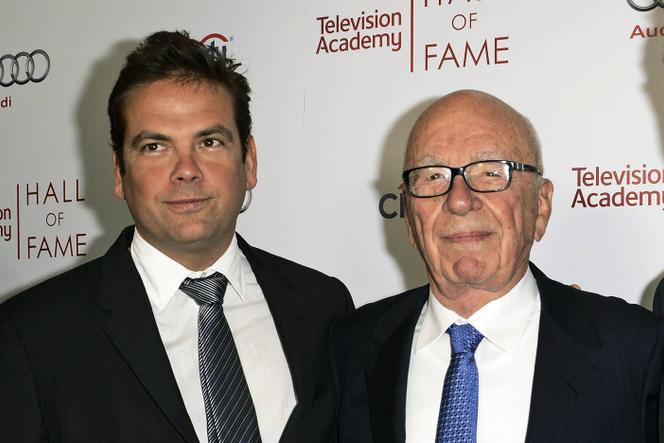


At the age of 92, Rupert Murdoch is almost definitely turning the page. He is the founder of the world’s largest English-language press group, which includes the conservative Fox News television network and Wall Street Journal in the USA, the Times and Sun in the UK, and 60% of Australia’s newspapers. He announced on Thursday, September 21 that he was stepping down as chairman of Fox Corporation and News Corp, the two companies that make up his conglomerate.
From mid-November, he will simply become "chairman emeritus" of both companies, and will no longer have a seat on their boards. His eldest son, Lachlan, who was already at his side, is replacing him.
But the man who started out at the age of 21 inheriting a small Australian daily newspaper from his father can never completely pull the plug. "For my entire professional life, I have been engaged daily with news and ideas, and that will not change," he explained in a memo sent to his employees, which Le Monde was able to see.
His title of "Chairman Emeritus" entitles him to attend board meetings if he wishes to do so. Above all, he still holds indirect control of his group, with four of the eight votes in the family holding company (the rest belong to his children), which holds around 40% of the voting rights in both companies. This makes it impossible to make major strategic decisions without his consent.
In the letter he sent to his employees, in which he stressed that he is "in good health," he is taking on a new, more political role in defense of what he perceives as a widespread attack on freedom of expression. "My father firmly believed in freedom, and Lachlan is absolutely committed to the cause. (...) Elites have open contempt for those who are not members of their rarefied class. Most of the media is in cahoots with those elites, peddling political narratives rather than pursuing the truth. In my new role, I can guarantee you that I will be involved every day in the contest of ideas."
Murdoch has always loved being at the heart of political influence, making and unmaking the careers of Australian and British prime ministers, supporting or attacking American presidents. And he seems determined to step up his activity in this area. "I will be watching our broadcasts with a critical eye, reading our newspapers and websites and books [he owns HarperCollins publishing house] with much interest, and reaching out to you with thoughts, ideas, and advice." Those hoping to see the bookworm disappear once and for all will be in for a surprise: "When I visit your countries and companies, you can expect to see me in the office late on a Friday afternoon."
You have 36.68% of this article left to read. The rest is for subscribers only.
